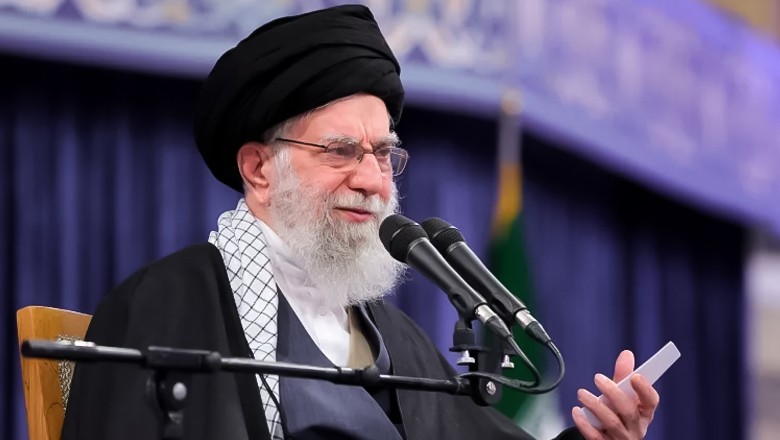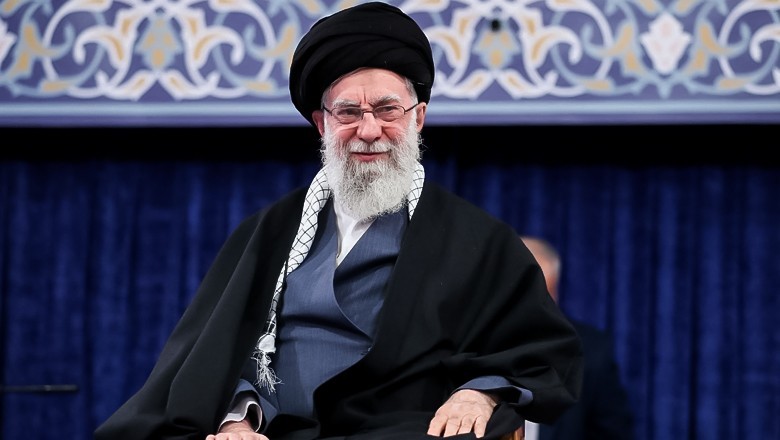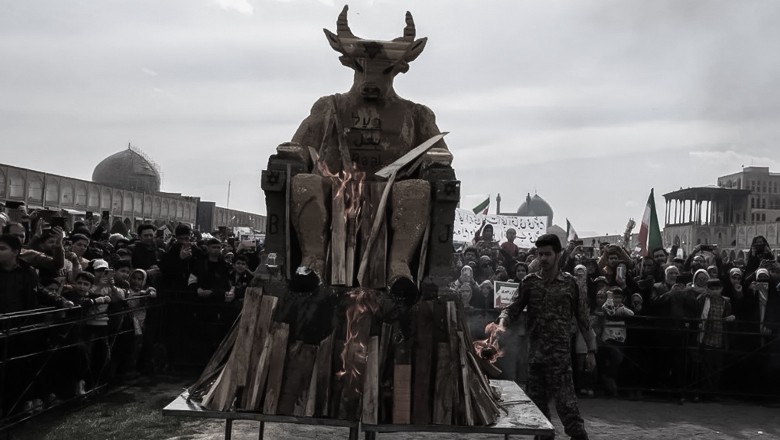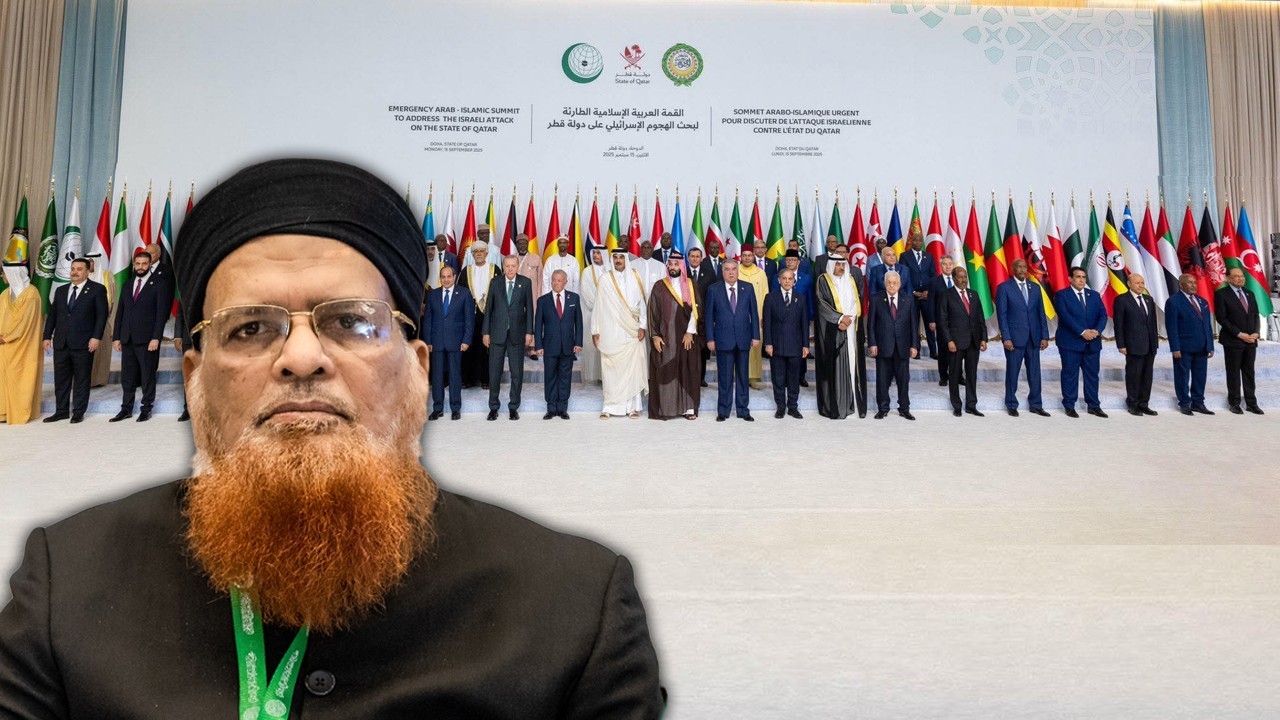DG ISPR warns India of 'brutal response' in case of ceasefire violation

Web Desk
|
15 May 2025
In a strongly worded statement, Pakistan’s military has vowed a “swift and assured response” to any future violations of the ceasefire agreement by India. Director General of Inter-Services Public Relations (ISPR), Lt. General Ahmed Sharif Chaudhry, warned that any provocation targeting Pakistan’s sovereignty would be met with severe consequences.
“Anyone who tries to violate our territory, integrity, and sovereignty — our response will be brutal,” Gen Chaudhry told Sky News, in an interview conducted just four days after the recent ceasefire was brokered between the two nuclear-armed nations.
The military spokesman underscored the high stakes involved in any conflict between India and Pakistan, cautioning that attempts to “carve out space for war” would only lead to “mutual destruction.”
“If India thinks it can create room for limited war with Pakistan, it is actually carving out a recipe for mutual annihilation,” he said. “Any sane player — like the United States — understands the absurdity of what the Indians are attempting to do.”
Tensions remain high despite the current lull, following a deadly escalation near the Line of Control. India’s Prime Minister Narendra Modi, in a recent address, declared that his country would no longer “bow to nuclear blackmail.” He asserted that India had established a “new normal” in dealing with cross-border terrorism, warning that New Delhi would not differentiate between militants and the state actors allegedly backing them.
Read more: Pakistan to observe ‘Youm-e-Tashakur’ tomorrow to honour armed forces’ victory against India
Pakistan’s military leadership, however, maintains that India is using the terrorism narrative as a smokescreen to divert attention from the core issue of Kashmir.
General Chaudhry, who has remained in close contact with Pakistan Army Chief General Asim Munir, criticized India’s approach as an attempt to “internalise” the Kashmir conflict and suppress the local population through militarization.
“It is a problem that must be resolved by the people of Kashmir, as per United Nations Security Council resolutions,” he reiterated.
Meanwhile, U.S. President Donald Trump has signalled a willingness to mediate the long-standing Kashmir dispute. However, India has firmly rejected any third-party involvement, continuing its historical stance on bilateralism. Despite the ceasefire, New Delhi has yet to commit to any formal talks.
Diplomatic observers note a stark contrast in tone between the two sides. While Pakistan is positioning its military response as a strategic success, officials in New Delhi appear frustrated by Washington’s renewed interest in Kashmir — a subject Prime Minister Modi insists should be overshadowed by the global fight against terrorism, particularly in the wake of the recent attack in Pahalgam.
Although relative calm has returned along the border, the deep-rooted political and ideological rifts between the two nations remain unresolved — with Kashmir, once again, at the centre of a regional storm.












Comments
0 comment